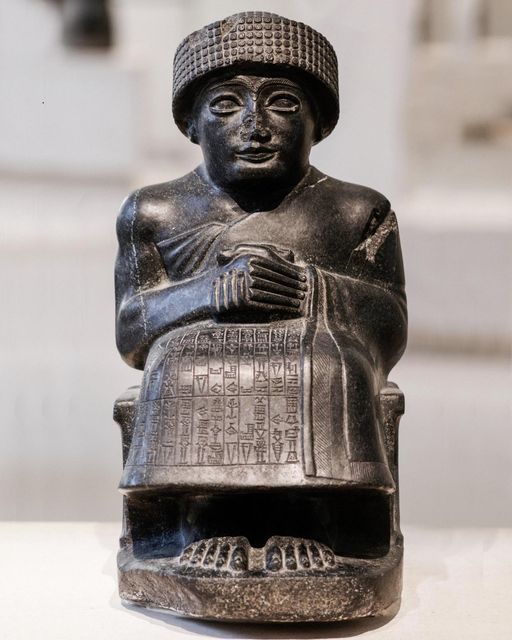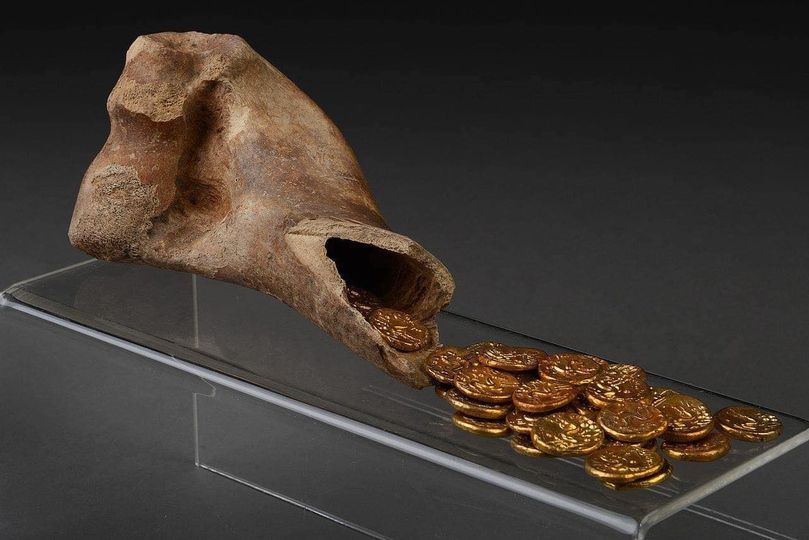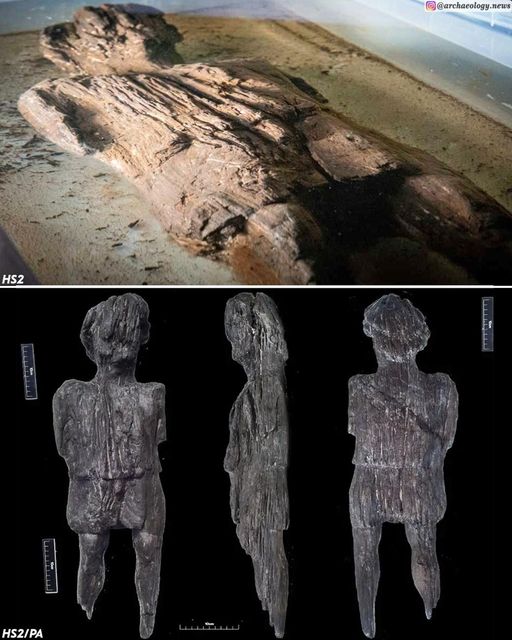In the world of ancient mysteries and unexplained phenomena, the Tulli Papyrus holds a unique and enigmatic place. This ancient document, said to date back to the reign of Pharaoh Thutmose III in the 15th century BCE, has been touted by some as evidence of ancient encounters with extraterrestrial beings. However, it has also faced vehement skepticism from scholars who believe it to be nothing more than a clever forgery. In this blog post, we will delve into the intriguing story of the Tulli Papyrus, exploring both the claims of its authenticity and the arguments against it.
The Tulli Papyrus: A Mysterious Ancient Text
The Tulli Papyrus, named after the Italian Egyptologist Alberto Tulli, is said to date back to the reign of Thutmose III, an Egyptian pharaoh who ruled during the 15th century BCE. It consists of a series of fragmented texts, making it difficult to decipher its true meaning and context. The document appears to describe strange events in the sky, including sightings of "fiery discs" and "circles of fire." These descriptions have led some to believe that ancient Egyptians witnessed UFOs or otherworldly phenomena.

Supporters of the Alien Theory
Proponents of the theory that the Tulli Papyrus provides evidence of ancient encounters with extraterrestrial beings point to the detailed descriptions of the celestial events. They argue that the language used in the document suggests that these were not ordinary natural occurrences but something inexplicable. Some even claim that the ancient Egyptians had contact with advanced alien civilizations, which they documented in this papyrus.

Skeptics and the Forgery Argument
On the other side of the debate are skeptics who question the authenticity of the Tulli Papyrus. They argue that the document may be a modern hoax created to generate sensationalism or to support the idea of ancient alien visitations. One of the key points raised by skeptics is the lack of any corroborating evidence from other ancient sources. If such remarkable events had occurred, wouldn't they have been mentioned in other Egyptian texts or historical records from the same period?

The Role of Translation and Interpretation
Another factor that muddles the debate surrounding the Tulli Papyrus is the challenge of translating and interpreting ancient texts accurately. The hieroglyphics used in the document can be complex and open to different interpretations. What one person sees as evidence of alien encounters, another may interpret as descriptions of natural celestial events, such as comets or meteor showers.

The Tulli Papyrus remains an intriguing mystery that divides both experts and enthusiasts. While some passionately believe it offers undeniable proof of ancient alien visitations, others dismiss it as a masterful forgery or a misinterpretation of natural phenomena. Until further evidence emerges, the debate is likely to persist, keeping the mystery of the Tulli Papyrus alive for generations to come.






